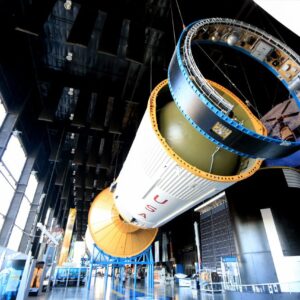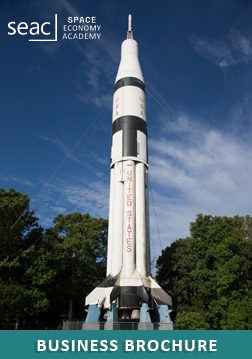Author: Khalil Ben Said
The African space industry market represents a significant use case for the development of the space economy due to its accelerated growth which comes with many opportunities and relative challenges and risks.
Even if the use of space technology, in particular downstream services (geolocalization services, broadband connectivity and satellite telecommunication), has always been common place between multinational companies and non-profit international organization as consequence of the underdeveloped African infrastructure and its challenging geographies.commercialization on a large scale of African space technologies was possible only during the past decade.
Actually, if we consider the example of the broadband connectivity, satellites are already helping to reach remote and rural areas and connect the previously “unconnected” of the most populous continent. Another example could be the Agritech sector. In fact, farming is very exposed to climatic changes (extreme dry and wet events), farming yield is poor and handling is not efficient and soil fertilization is problematic (low awareness and know-how). That’s why Agritech is a prominent application of space-derived information that will be central in mitigating the consequences of climate change.
“the African space industry trend is mainly driven by the Downstream sector which represents key indicator that guides not only the Upstream sector but also startups and major investments in the sector”
While there are various opportunities in a continent where pace economy keeps growing at a rate beyond Africa’s GDP growth rates (The African space industry is valued at USD 19.49 billion in 2021 and is projected to grow by 16.16% to USD 22.64 billion by 2026[1]) challenges and risks to doing space business remain relatively considerable. The one size fits all approach doesn’t work in a continent that extends over 54 countries with different socio-economic tissue, legislations and infrastructures.
Collaborating with local entities, building networks and doing research and evaluating the market is crucial.
In addition, mainly from governments and non-space industry, there is little to no knowledge about the space sector and the application of space technology in everyday life. Most of non-space startups and industries participate to space related projects only because there is financing opportunities and not for the benefits that they bring which make commercial roll-out for this services very hard if not impossible.
In order to overcome this issue, local awareness is very important. Creating accelerators, incubation centers and space related events (talks, seminars) in order to make capacity-building and dissemination activities. Moreover, giving governments the possibility to better integrate space solutions into decision-making and to improve access to information in case of emergencies is highly strategic in order to promote African space technology public investments.





